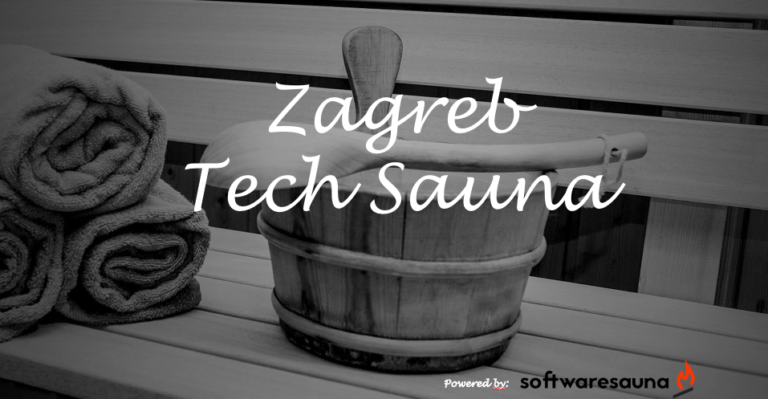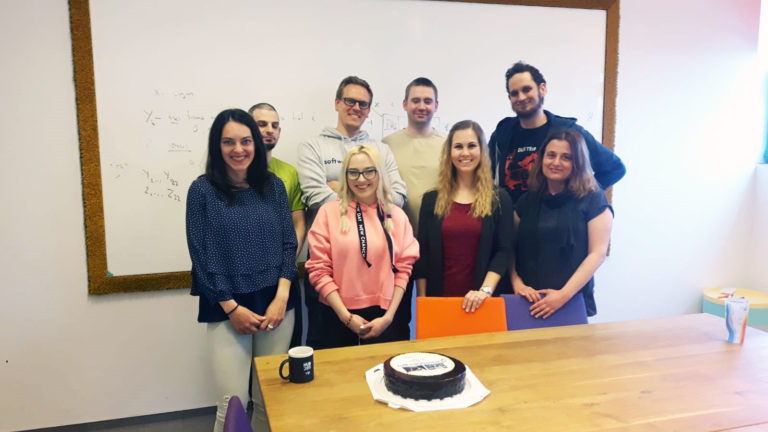My first 5 Sauna years
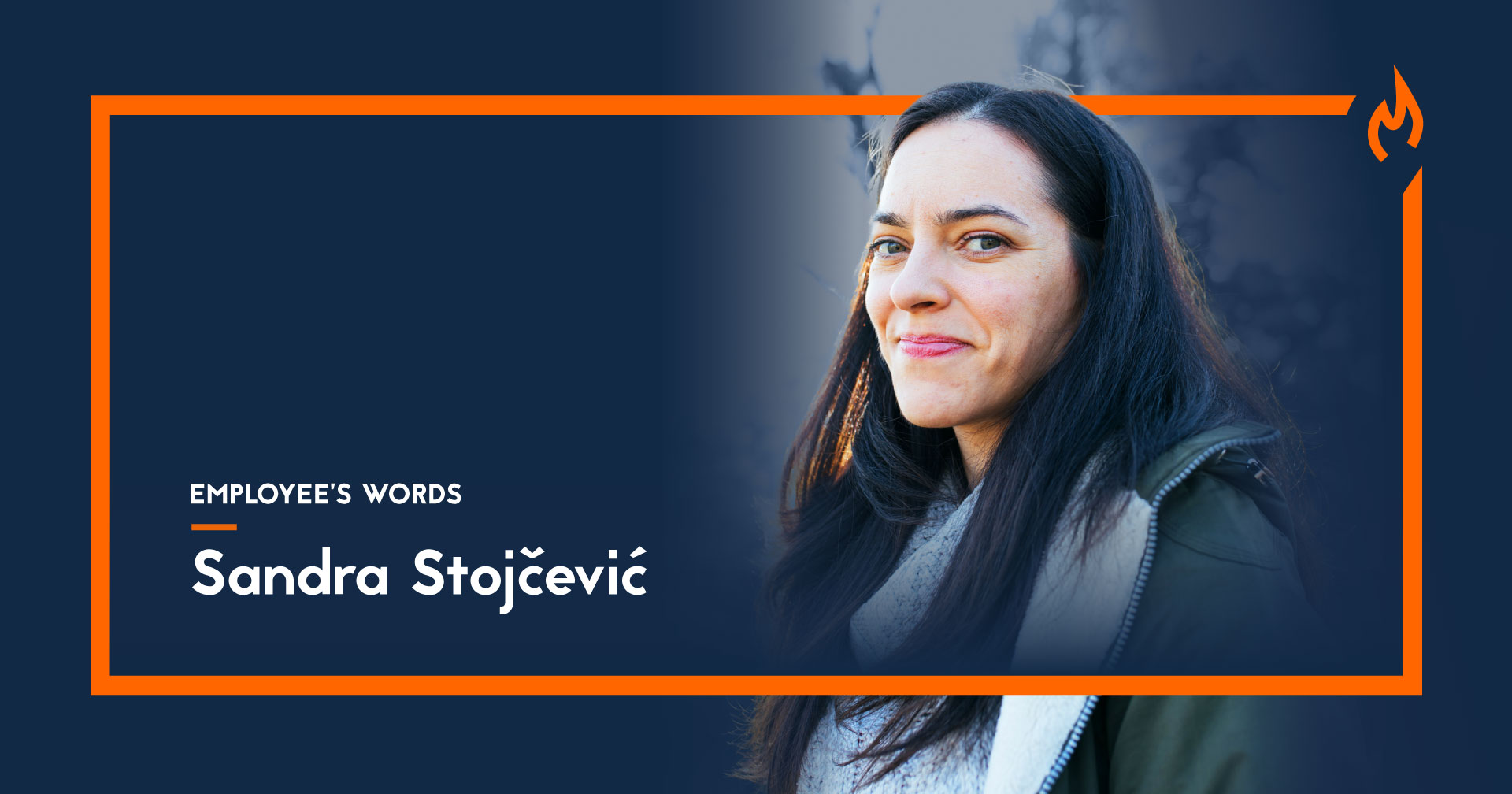
It all started today, but five years ago: my trip with Software Sauna. The trip began with a LinkedIn connection, so guess I owe them the ‘’Ln got me this job’’ note. But Software Sauna is more than just a job. Let me tell you more!
Sauna is the place where I have gotten so much for myself personally—probably more than I did in any other company. Over the past years, I have seamlessly, without even noticing, integrated into Sauna culture, enriching my personal life with it even without overthinking about the work-life balance. I guess that’s what typically happens when you grow together with the company!
Now, let me shine a sparkle on the aspects of Software Sauna’s culture that captured my heart during my first five years. Let’s go!
People are people
Our team is a bunch of talented, experienced people with excellent technical skills, and not by accident: technical excellence is one of the things where we set the bar pretty high. I don’t think I was ever part of that kind of group with such a strong tech background. This is what we wanted from the very beginning. We are trying to send a strong message with the “No bul…it, just quality” sentence
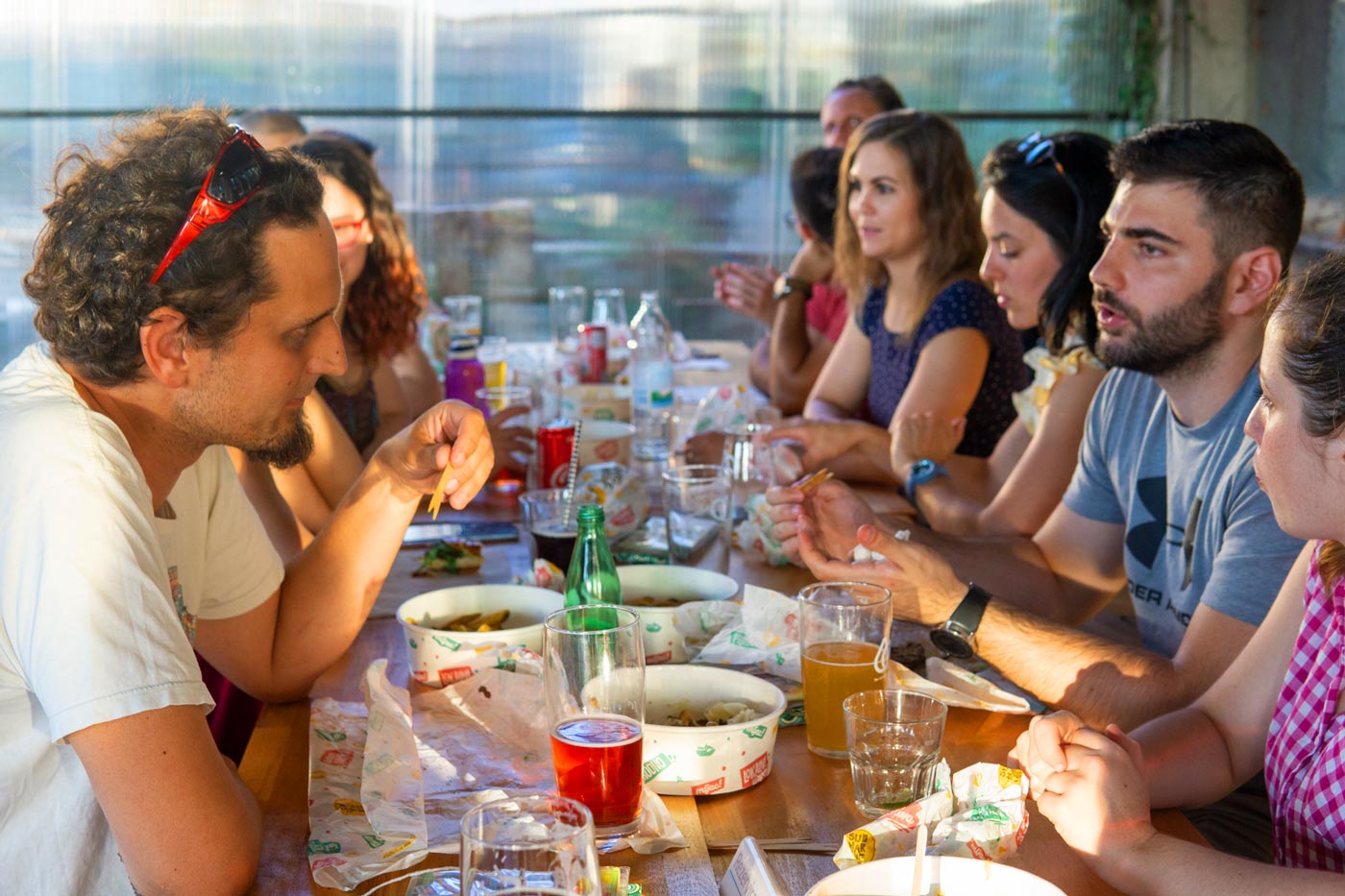
We also promote and practice clean code and write tests for our code. As I said, this is what we wanted from day one: a 6-year-old idea. But people and how they’ll collaborate and respect each other are something that we shaped along the way—together. This couldn’t have been defined six years ago when the company saw its daylight. But today, when I look back, I see a certain constant: friendly, helpful, respectful, and open people.
Someone might say – you were lucky enough to get such a team. But the honest answer lies in setting the standards and throwing towards quality in every way. So, sometimes it’s pure luck, but in our case, we gave this “power” to the first developers we hired. We trusted them on that one. We still do.
Different opinions = good opinions
When I joined, this was new to me, and this part of Nordic working culture does not go along with ours so naturally. But I learned from others who came in a year before me. It took me time to realize that it’s OK to say what you think (respecting others) and that it’s more than OK to question everyone. No ego, not taking it personally.
How is that possible? I honestly don’t know, and it’s just one of those things I don’t want to analyze too much. I enjoy the freedom and encourage my new colleagues always to take their stand and speak their minds — even if they’re alone with their opinions. Clients strongly appreciate it, too.
Process iterations
Process iterations—we have had tons of those so far. Some are more successful than others. I won’t write about them all now, but the most important thing, in my opinion, is that we always listen carefully to what we need to be better, more efficient, and to have a higher level of satisfaction among our team. Dev Advocates are one of the best examples.
For months, we’d always come to the same conclusion in every team meeting: We need team leads. But do we really need them? We started Sauna with an idea of low/shallow hierarchy, and having team leads wouldn’t make any sense. The only case where this would make sense is 5+ people from Sauna working on the same project together (more and more these days).
Sometimes, we don’t work together on the same projects; we are a software development agency. Teams change, and projects too, so what would be the point? That is exactly why we can’t have constant team leads. But, as we grow, we need someone there for our developers.
It took us 6 months to decide on the right solution to our ongoing problem. This is what I mean by process iterations—we didn’t copy-paste this from somewhere else; we asked our developers what they needed. They could join open company meetings and say what they needed. We even decided on the name together. Now, we have 4 Dev Advocates with 3 to 5 developers assigned, and we meet with them weekly or monthly.
Who is the Dev Advocate in Sauna?
Dev Advocate supports developers in their career development, provides guidance and advice about developers’ problems, and provides feedback on their work collected from different sources. Dev Advocates collaborate with colleagues to gain insights and provide shared solutions.
Software Sauna values
It was a similar case when we decided to define our core values. That was a tough assignment, and we wanted to include as many people as possible—we wanted them to play a key role in this! It takes a lot of coordination, the right choice of digital tools (Thanks, Miro!), and a bit of improvisation to organize a 10-plus-person online workshop about something that important. But after three workshops, we had a final result: a set of five guiding principles for our team:
- Be transparent
- Take responsibility
- Never stop learning
- Commitment to excellence
- Put people first
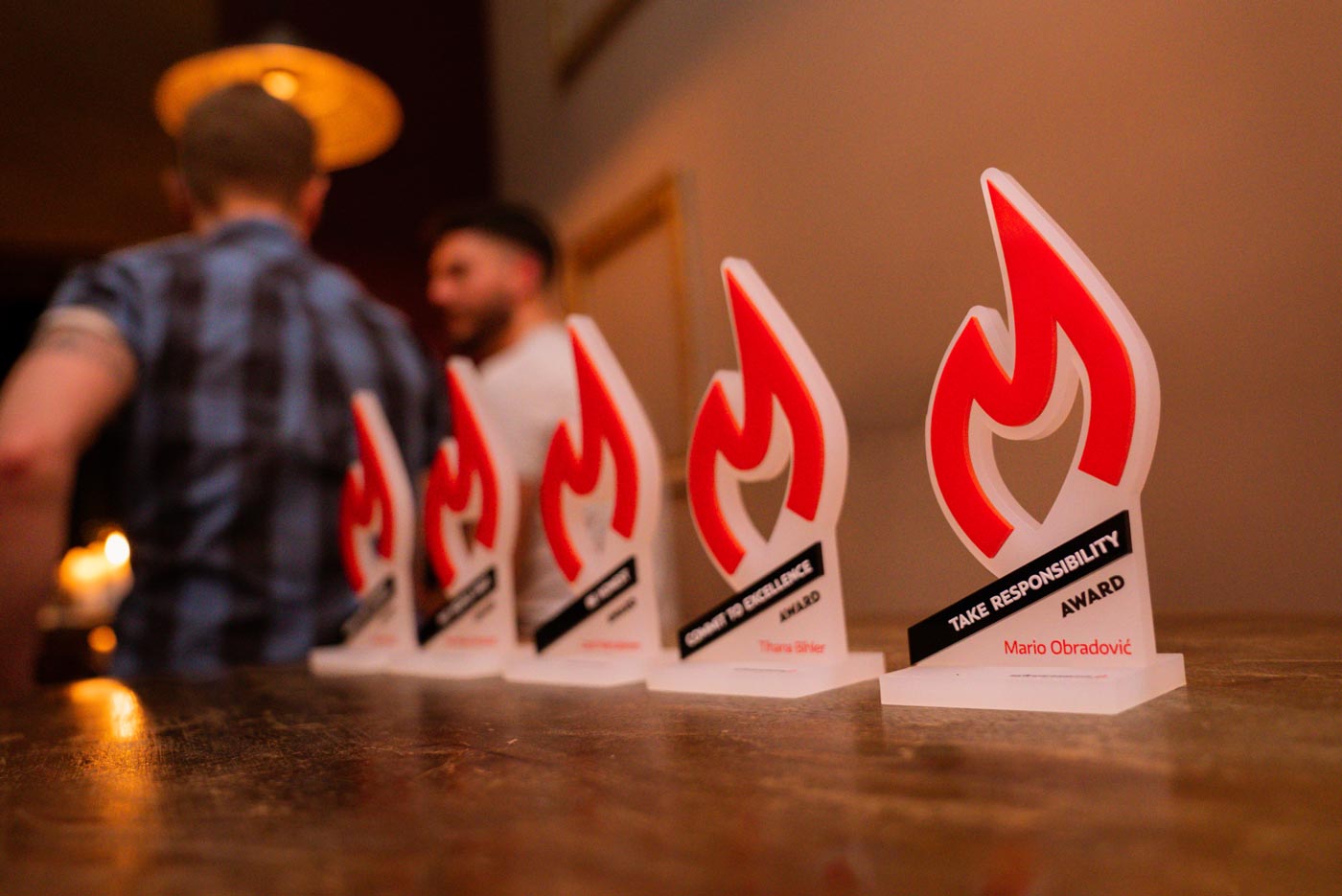
Living and learning
It’s not so popular to speak about bad business decisions, unfinished projects, processes that ended up in the trash… but I can name 5 things that came out of our not-so-bright moments:
- The Dev Advocate role came into the spotlight after one “not-so-successful” project
- Sauna Voice, our monthly company-wide meeting, had the good intention of discussing anonymous topics. Still, the first few meetings were close to a debacle. We fixed what was bad and started preparing and moderating these meetings. Attendance was rarely lower than 50%.
- Weekly newsletter — People keep telling us we are not connected while working remotely; they don’t have a clear view of their colleagues’ work. Nobody knew what other departments were doing. Every week, we have a short report on what is going on with which project—including the back office. The sales team constantly reports what’s happening in the market, how many projects went down the drain, and what comes next. This adds to the business perspective and helps everybody to understand the market situation.
- New digital tools connecting sales and development as two groups of people who couldn’t be more different and yet working towards the same goal. You’re guessing – the not-so-bright moment was a gap between sales and development. But we’ve been working on it for the past 12 months. We opened some discussions, organized business meetings, shared numbers, and created points of contact for both groups. We also included Dev Advocates to have a bigger impact regarding client feedback, placing people on the project, and finding the right solution for each ongoing problem. You’re guessing right: things are still not ideal, but we’re getting there! 🙂
- Alternative tech screening came out from the metrics we collected, and there was a high bounce rate on our Code Challenge (a lot of work is still there).
Autonomy, self-responsibility and initiative
Do you see how I mentioned it twice (or even more?): “Work still needed.” That goes on everyone personally. If you think something can be better or more agile, do it. Take responsibility; no one will stop you. But you can’t complain and stay focused only on your daily, regular tasks.
This significant level of autonomy may be hard to handle sometimes, and for the Nordics, it’s already set in stone; I can see that every single client expects this. Some say it out loud; for others, it is already understandable. But it really is like that: when you have the freedom and autonomy at work, you must take responsibility for yourself on this journey.
HR in the middle
More like “HR everywhere”! Funny, but I don’t have much to say on this topic (maybe also because I got tired and should write some bright ending). Our role here is about facilitating, managing, and cooperating with others. Then, it’s a lot about anticipating future challenges. It’s a tough one, but it’s also the most natural part of our job – at least in Sauna.
We were an 8-person company when we started with the HR role; you could say anything about that. It was the right moment for the company we are today.


